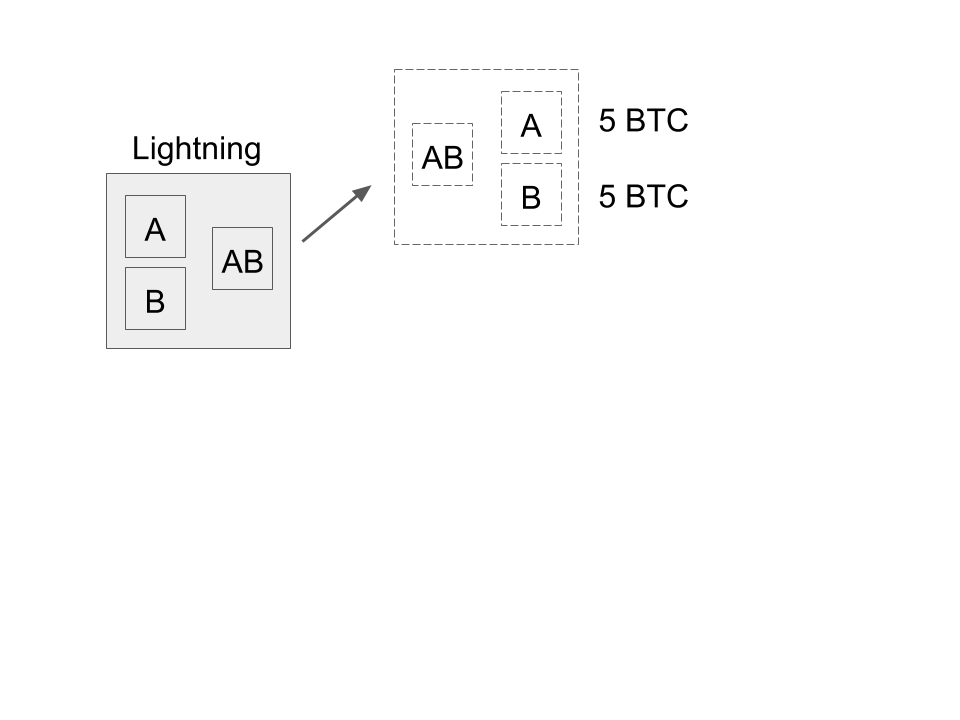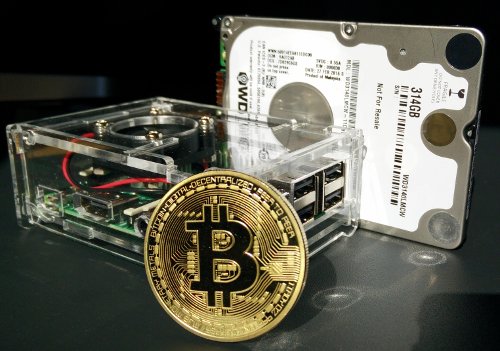
Bitcoin Sorcerer
@2140dev co-founder
Silent Payments dev
Supported by @spiralbtc @superlunarhq
PGP: 9878 C48E 7D45 2F8E AEB2 3EB6 4DFA 005F 1358 625F
How to get URL link on X (Twitter) App




 2/6 Full nodes give users FULL control over the network, no matter what miners do. Your full node will ONLY accept a completely VALID blockchain. Hard forks won't affect you unless you explicitly choose to replace your full node software.
2/6 Full nodes give users FULL control over the network, no matter what miners do. Your full node will ONLY accept a completely VALID blockchain. Hard forks won't affect you unless you explicitly choose to replace your full node software.

 2/8 A proper (non-evil) #SoftFork does not negatively impact users that don't upgrade. This is important, because it preserves the consensus we had before the fork. Don't like the changes? Don't upgrade. No harm done.
2/8 A proper (non-evil) #SoftFork does not negatively impact users that don't upgrade. This is important, because it preserves the consensus we had before the fork. Don't like the changes? Don't upgrade. No harm done.